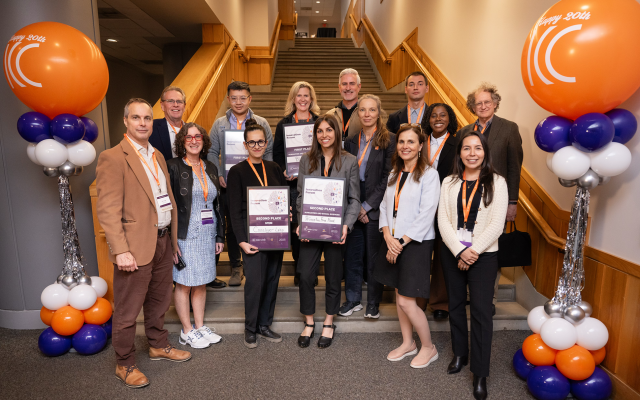In high-resource environments like Princeton, excess food is abundant yet often discarded because timely information fails to reach those who could benefit from it. For food-insecure individuals, barriers such as financial strain, cognitive load, time scarcity, and social stigma further inhibit access. This project introduces a lightweight, AI-powered web application that maps surplus food from campus events in real time, enabling users to view, share, and rate available offerings. By using campus as a live testbed—and through potential partnerships with the university—the platform will generate a rich stream of user data to identify which interventions most effectively improve food access. Launching this fall, the tool aims to support data-driven strategies and offer a scalable, adaptable solution that institutions and communities across the United States can adopt to expand food access.

